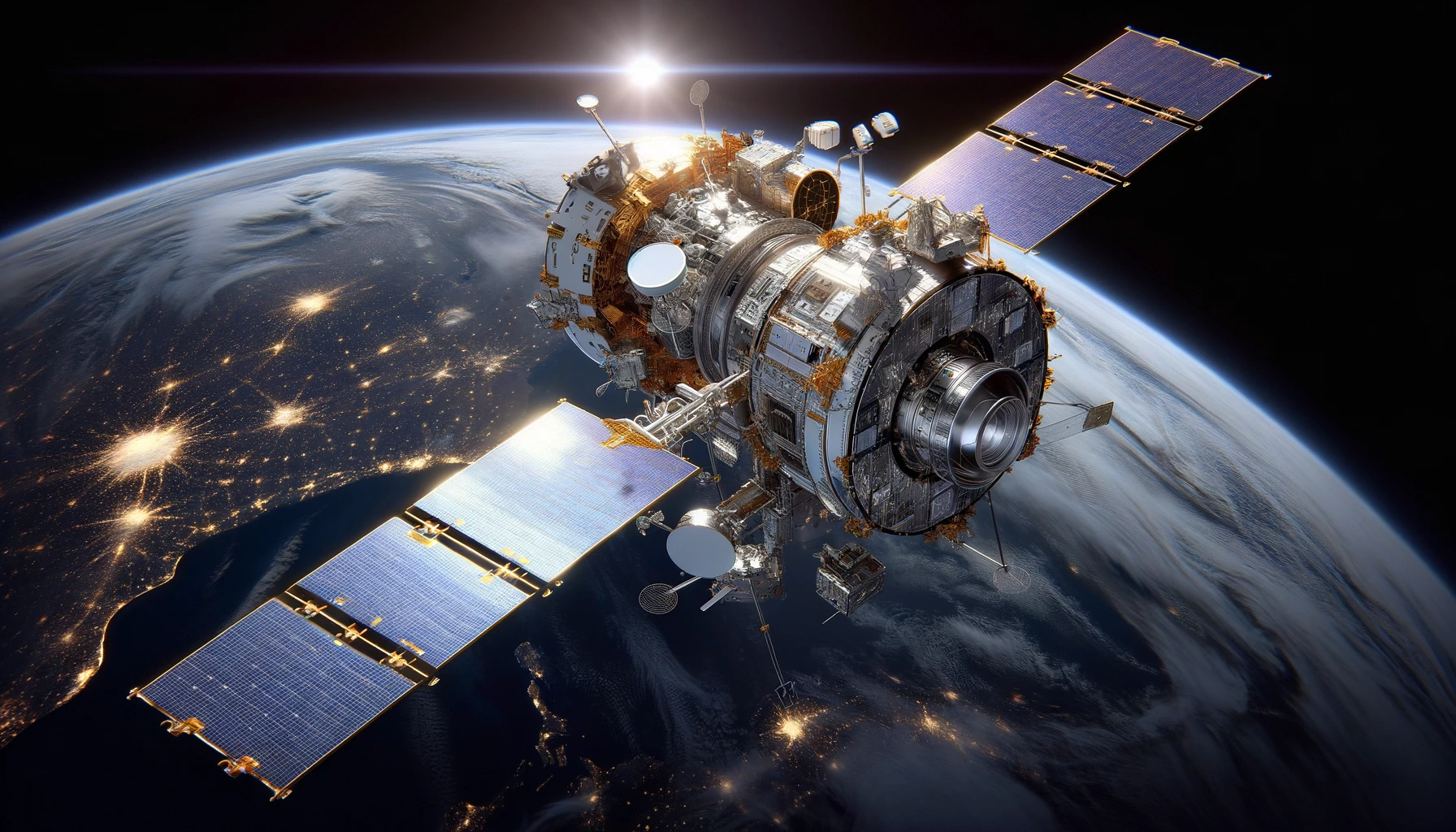In a monumental step towards democratizing access to space, NASA has been at the forefront of collaborating with private companies to establish new commercial space stations in low Earth orbit (LEO). This groundbreaking endeavor aims to extend the opportunity for space travel beyond government astronauts, paving the way for private individuals to experience the cosmos. The initiative is not merely a launchpad for more frequent spaceflights but also a testament to NASA’s commitment to ensuring the utmost safety for future space travelers by sharing its extensive knowledge gained from over two and a half decades of managing the International Space Station (ISS).
The evolution of space travel has seen a significant shift from exclusive government-led missions to a more inclusive approach. Over the years, there has been a growing interest in commercial space ventures. Private companies like SpaceX and Blue Origin have made headlines with their ambitious plans and successful launches. The burgeoning space tourism industry, with its promises of suborbital flights, has sparked public imagination about the prospect of traveling to space. These developments underscore a broader trend in space exploration: the increasing role of private enterprise in what was once a domain dominated by national space agencies.
Enhanced Collaboration with Industry Leaders
A recent gathering at NASA’s Johnson Space Center brought together experts and commercial partners such as Axiom Space, Blue Origin, and Sierra Space, among others, to share a wealth of information on medical standards and practices vital to human spaceflight. The dialogue between NASA and these companies, facilitated through both funded and unfunded agreements, strengthens the foundation for commercial space station development, aiming to host future NASA missions.
Rigorous Astronaut Selection and Training Processes
NASA’s well-established astronaut selection and training protocols are intensive and centered around ensuring the candidates’ mental and physical readiness for space missions. The agency has set the bar high with comprehensive medical and psychological screenings that identify critical traits essential for mission success. Learning from these stringent standards, NASA has implemented and shared similar requirements with commercial partners for private astronaut missions, setting the stage for the continued success of commercial space endeavors.
Comprehensive In-Flight and Post-Flight Support
Recognizing the unique challenges of spaceflight, NASA has equipped astronauts with countermeasures against the physiological changes brought on by the microgravity environment. These include daily exercise and a balanced diet to mitigate bone and muscle deterioration, as well as post-flight reconditioning to aid astronauts’ recovery upon return to Earth. These meticulous medical operations and support systems are crucial knowledge areas for commercial space station partners to grasp.
As the space agency advances its commercial space strategy, it continues to offer invaluable insights and best practices to industry partners. The symbiotic relationship between NASA and commercial entities is instrumental in shaping a thriving commercial space ecosystem, ready for the eventual retirement of the ISS.
Useful information:
- Commercial space stations will broaden space access.
- Rigorous health standards are crucial for spaceflight.
- NASA provides comprehensive astronaut support.
In conclusion, NASA’s active support and knowledge sharing with commercial partners are vital for the success of future commercial space stations. As private companies prepare to take the baton from the ISS, NASA’s efforts ensure they’re equipped to handle the complex challenges of spaceflight. This collaboration not only furthers human space exploration but also lays the groundwork for an industry poised to offer space experiences to a wider public.










